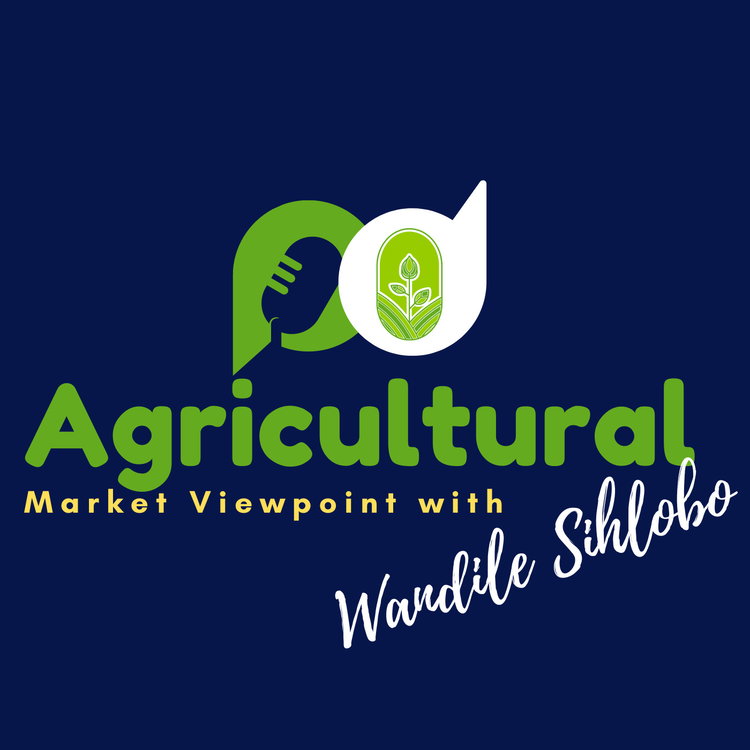
SA agricultural outlook for 2024
Loading player...
One can categorise the start of this year as positive for South Africa’s agriculture. I recently drove across the country from Pretoria to the Wild Coast, which was an opportunity to assess South Africa's agricultural conditions after the first few months of the summer season.
The vegetation was welcoming and green throughout the way, having benefitted from the early summer favourable rainfall. In areas planted early in the season, the maize fields looked healthy. Other crops were also visibly in good condition.
One would not expect such favourable conditions amid an El Nino season. But the typical dryness of an El Nino may only start to intensify from March 2024. This is mainly the case for the central and eastern regions of South Africa, which could receive above-normal rainfall in the month before that, according to the South African Weather Service.
Meanwhile, the country's western regions could experience below-normal rain in the coming months. The soil moisture levels in the West are already low and thus concerning for farmers. Still, the agricultural conditions currently are favourable.
In a few exchanges with farmers, they appreciated the recent rains, although some were excessive. The issue they worry about more these days is extreme heat, which the country's northern regions are already experiencing. Higher temperatures, when not followed by rain, can damage agriculture.
Still, this is not a significant issue for now, as there are hopes the country could still have a decent season (bearing in mind the risks of harsh production conditions in the North West province).
When the season started, South African farmers intended to plant a total area of 4,5 million hectares for that 2023/24 summer grains and oilseed. This is up by 2% year-on-year. Moreover, the view from farm inputs organizations suggests that they also saw reasonably encouraging sales, further supporting the optimistic view about crop planting.
Regarding the livestock industry, green pastures are a welcome development, especially as the feed prices remain relatively high compared to pre-COVID-19 levels. The challenge for livestock farmers is the biosecurity weaknesses that should be resolved to curb the spread of animal diseases in the country and minimize the outbreaks.
Overall, I believe we are in for another good agricultural season, especially if January and February present favourable rainfall. The South African Weather Service (SAWS) captured the optimism about the country's central and eastern regions in the 19 December 2023 Seasonal Climate Watch. SAWS stated that "…multi-model rainfall forecast indicates mostly below-normal rainfall over most of the country during Jan-Feb-Mar (JFM), Feb-Mar-Apr (FMA) and Mar-Apr-May (MAM) with the exception of the central and eastern coastal areas indicating higher likelihood of above-normal rainfall."
This worries me about the western regions of the country and provides hope for the central and eastern regions.
My writing on agricultural economic matters is available on my blog: https://wandilesihlobo.com/
Podcast production by: Lwandiso Gwarubana, Richard Humphries, and Sam Mkokeli
The vegetation was welcoming and green throughout the way, having benefitted from the early summer favourable rainfall. In areas planted early in the season, the maize fields looked healthy. Other crops were also visibly in good condition.
One would not expect such favourable conditions amid an El Nino season. But the typical dryness of an El Nino may only start to intensify from March 2024. This is mainly the case for the central and eastern regions of South Africa, which could receive above-normal rainfall in the month before that, according to the South African Weather Service.
Meanwhile, the country's western regions could experience below-normal rain in the coming months. The soil moisture levels in the West are already low and thus concerning for farmers. Still, the agricultural conditions currently are favourable.
In a few exchanges with farmers, they appreciated the recent rains, although some were excessive. The issue they worry about more these days is extreme heat, which the country's northern regions are already experiencing. Higher temperatures, when not followed by rain, can damage agriculture.
Still, this is not a significant issue for now, as there are hopes the country could still have a decent season (bearing in mind the risks of harsh production conditions in the North West province).
When the season started, South African farmers intended to plant a total area of 4,5 million hectares for that 2023/24 summer grains and oilseed. This is up by 2% year-on-year. Moreover, the view from farm inputs organizations suggests that they also saw reasonably encouraging sales, further supporting the optimistic view about crop planting.
Regarding the livestock industry, green pastures are a welcome development, especially as the feed prices remain relatively high compared to pre-COVID-19 levels. The challenge for livestock farmers is the biosecurity weaknesses that should be resolved to curb the spread of animal diseases in the country and minimize the outbreaks.
Overall, I believe we are in for another good agricultural season, especially if January and February present favourable rainfall. The South African Weather Service (SAWS) captured the optimism about the country's central and eastern regions in the 19 December 2023 Seasonal Climate Watch. SAWS stated that "…multi-model rainfall forecast indicates mostly below-normal rainfall over most of the country during Jan-Feb-Mar (JFM), Feb-Mar-Apr (FMA) and Mar-Apr-May (MAM) with the exception of the central and eastern coastal areas indicating higher likelihood of above-normal rainfall."
This worries me about the western regions of the country and provides hope for the central and eastern regions.
My writing on agricultural economic matters is available on my blog: https://wandilesihlobo.com/
Podcast production by: Lwandiso Gwarubana, Richard Humphries, and Sam Mkokeli

